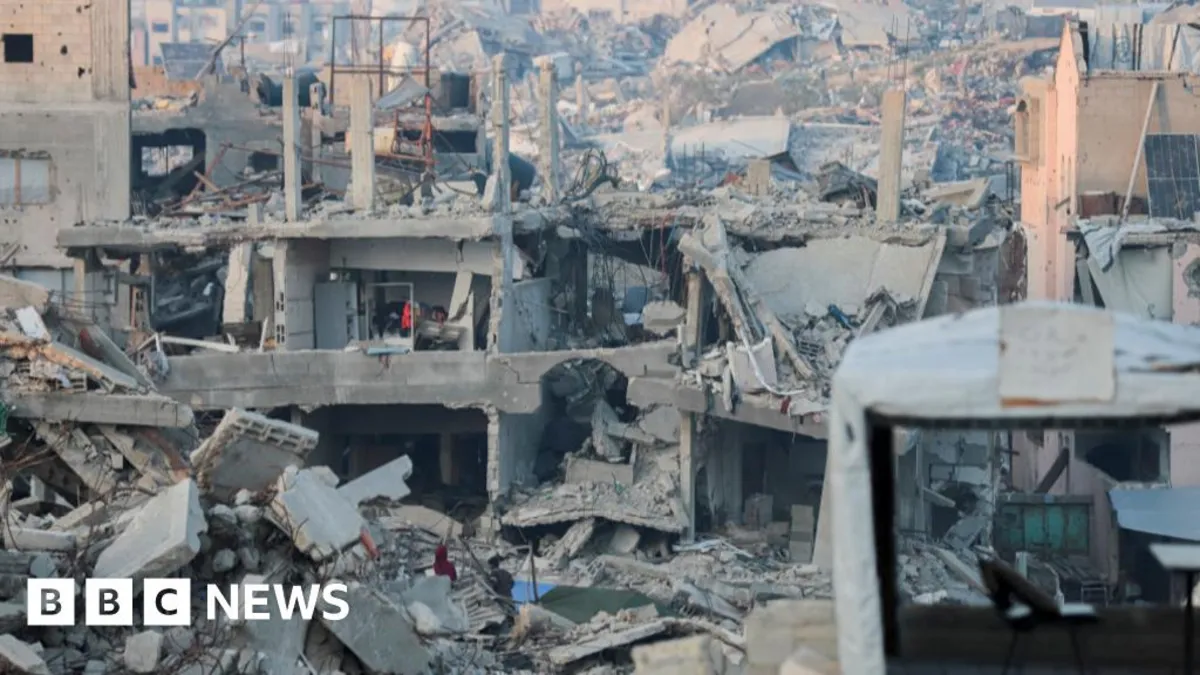
The Israeli military has initiated a series of extensive airstrikes in the Gaza Strip, marking a significant escalation in the ongoing conflict. According to a statement from the Israel Defense Forces (IDF), these operations are aimed at targeting what they describe as terror targets associated with Hamas. Reports from medics and witnesses indicate that three residential houses in Deir Al-Balah, a building in Gaza City, and various targets in Khan Younis and Rafah have been hit during these strikes, as reported by Reuters.
This recent military action represents the largest wave of airstrikes in Gaza since a temporary ceasefire was established on January 19. Negotiations to extend this ceasefire have unfortunately failed to yield an agreement, intensifying the situation in the region. Israeli Prime Minister Benjamin Netanyahu and Defense Minister Israel Katz authorized the strikes on Tuesday morning, following a statement from the Prime Minister's office.
The decision to escalate military operations comes in response to Hamas's ongoing refusal to release hostages and its dismissal of all proposals presented by US Presidential Envoy Steve Witkoff and other mediators. In its statement, the IDF emphasized that Israel would adopt a strategy of increasing military strength against Hamas moving forward.
The plan for these strikes was outlined by the IDF over the weekend and subsequently received approval from Israel's political leadership. With the first phase of the temporary truce concluding on March 1, negotiators have been actively seeking a viable path forward. The United States has put forth a proposal to extend the first phase of the ceasefire until mid-April, which would include an additional exchange of hostages held by Hamas and Palestinian prisoners incarcerated by Israel.
However, a Palestinian official involved in the discussions revealed to the BBC that significant disagreements remain between Israel and Hamas regarding the terms of the proposed deal outlined by Witkoff during the indirect talks. This discord continues to complicate efforts to achieve lasting peace in the region.